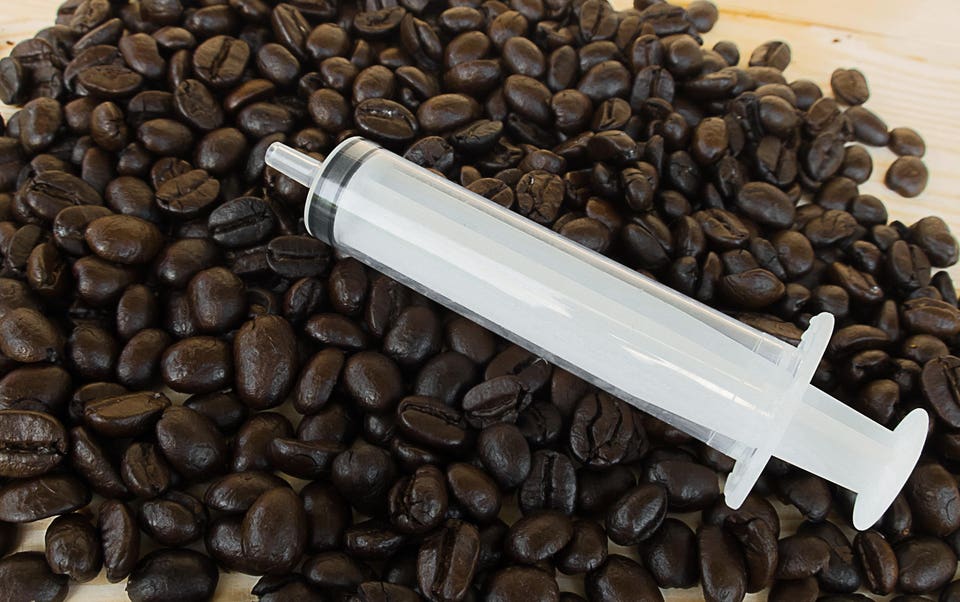
The rise of coffee enemas on social media has sparked both interest and concern among health experts. Advocates claim these procedures offer various benefits, including relief from bloating, detoxification, and even cancer prevention. However, medical professionals caution that these claims lack substantial scientific backing and could pose serious health risks.
Coffee enemas involve injecting coffee into the rectum, which proponents argue stimulates peristalsis—the involuntary contractions of the intestines—thus promoting bowel movements. The theory behind this practice, known as autointoxication, suggests that toxins and undigested food accumulate in the colon, necessitating periodic cleansing. Yet, this concept has been widely criticized.
According to a systematic review published in the journal Medicine in 2020, there is minimal support for the purported benefits of coffee enemas. The review examined existing literature and found nine documented cases of adverse events, with seven instances of colitis—an inflammation of the colon—attributed to chemical components in coffee.
While traditional enemas have legitimate medical uses, such as preparing patients for a colonoscopy or treating severe constipation, coffee enemas do not fall into this category. Medical professionals typically recommend lifestyle changes, including dietary adjustments, increased hydration, and physical activity, as the first-line treatments for constipation.
Following the surge of wellness influencers promoting coffee enemas, the need for critical evaluation of these claims is paramount. The assertion that coffee can aid in detoxification stems from the belief that certain compounds in coffee, such as palmitic acid and cafestol, can enhance the production of a detoxifying enzyme called glutathione S-transferase in the liver. However, anecdotal evidence from social media lacks the rigorous scientific validation found in peer-reviewed studies.
Many influencers share personal testimonials and anecdotal success stories but fail to provide evidence from controlled studies published in reputable scientific journals. For example, a publication in the Journal of Clinical Gastroenterology highlights that the autointoxication theory has been prevalent since ancient times, yet it remains unsupported by sufficient evidence.
The implications of using coffee enemas extend beyond immediate effects. Disturbing the gut microbiome—a complex ecosystem of bacteria and other microbes in the intestines—could lead to a range of health issues. Experts warn against using heated coffee for enemas, as there are documented cases of severe injuries, including rectal burns and even perforations, which can result in life-threatening complications.
In summary, while coffee enemas are gaining traction as a wellness trend, there is little scientific evidence to support their safety or efficacy. Health professionals advise caution, emphasizing that the risks associated with this practice may outweigh any perceived benefits. As research progresses, further understanding of the gut’s role in overall health may lead to more effective prevention and treatment strategies, but for now, individuals should carefully consider the potential dangers of coffee enemas.






